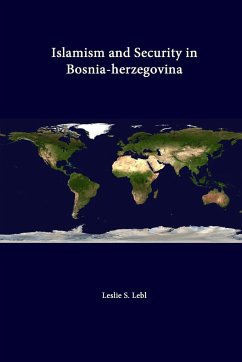Many observers viewed the military mission of the North Atlantic Treaty Organization (NATO) mission to Bosnia-Herzegovina (Bosnia), launched in late-1995, as a test of the international community's ability to keep the peace in the post-Cold War world. This task proved difficult: The many obstacles to restoring stability and growth in Bosnia have been thoroughly dissected over the years, from the challenges of transition governments to the difficulties of interethnic reconciliation. One factor, however, has received but scant attention: the role of Islamism, the political ideology based on a religion that motivates the Muslim Brotherhood, al-Qaeda, and many other radical groups. This monograph will examine the impact of Islamism on Bosnian security, tracing developments during the 9 years of NATO peacekeeping, as well as the ensuing years. It will also examine the ties between so-called "nonviolent" and "violent" Islamism-ties that have already surfaced in other countries where NATO...
Hinweis: Dieser Artikel kann nur an eine deutsche Lieferadresse ausgeliefert werden.
Hinweis: Dieser Artikel kann nur an eine deutsche Lieferadresse ausgeliefert werden.








